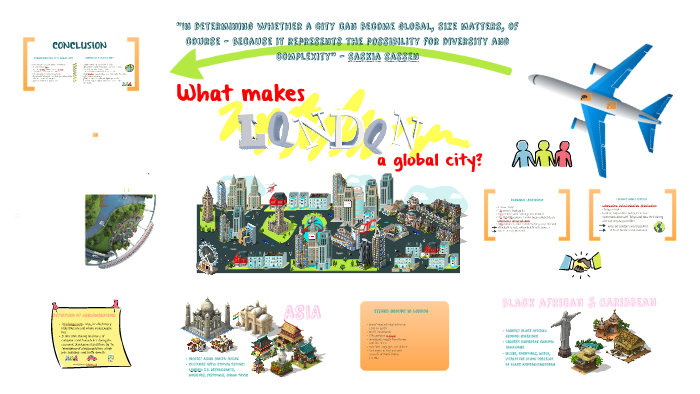
Major regional broadcaster NDR, the printing and publishing firm Gruner + Jahr and the newspapers Der Spiegel and Die Zeit are based in the city. Beset by disasters such as the Great Fire of Hamburg, North Sea flood of 1962 and military conflicts including World War II bombing raids, the city has managed to recover and emerge wealthier after each catastrophe. Before the 1871 unification of Germany, it was a fully sovereign city state, and before 1919 formed a civic republic headed constitutionally by a class of hereditary grand burghers or Hanseaten. The official name reflects Hamburg's history as a member of the medieval Hanseatic League and a free imperial city of the Holy Roman Empire. The local dialect is a variant of Low Saxon. The Port of Hamburg is Germany's largest and Europe's third-largest, after Rotterdam and Antwerp. Hamburg is one of Germany's three city-states alongside Berlin and Bremen, and is surrounded by Schleswig-Holstein to the north and Lower Saxony to the south. At the southern tip of the Jutland Peninsula, Hamburg stands on the branching River Elbe at the head of a 110 km (68 mi) estuary down to the North Sea, on the mouth of the Alster and Bille.

Hamburg's urban area has a population of around 2.5 million and is part of the Hamburg Metropolitan Region, which has a population of over 5.1 million people in total. Hamburg ( German: ( listen), locally also ( listen) Low Saxon: Hamborg ( listen)), officially the Free and Hanseatic City of Hamburg ( German: Freie und Hansestadt Hamburg Low Saxon: Friee un Hansestadt Hamborg), is the second-largest city in Germany after Berlin, as well as the overall 8th-largest city and largest non- capital city within the European Union with a population of over 1.9 million.


 0 kommentar(er)
0 kommentar(er)
